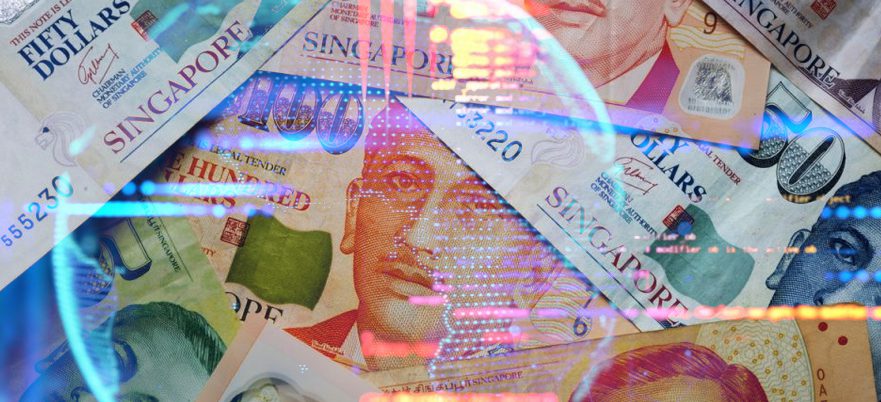|
Getting your Trinity Audio player ready...
|
Singapore is in on the blockchain race.
The Monetary Authority of Singapore (MAS), in partnership with Deloitte, just released a report announcing their blockchain project, “Project Ubin: SGD on Distributed Ledger.” The prototyping project, which was made possible in collaboration with several banks and tech companies, will ultimately create a tokenized issue of the Singapore dollar on the Ethereum blockchain, which they refer to as SGD-on-ledger.
The move affirms Singapore’s friendly stance towards blockchain technology. Last month, the MAS said they had no plans of regulating cryptocurrencies yet. They state that although cryptocurrencies are frequently used for illegal activities, the digital tokens themselves are not to blame. Hence, digital currency exchanges and similar services are subject to the country’s anti-money laundering and counter-terrorist financing laws. ICO’s are also required to follow certain guidelines lest they set off securities laws violations.
While the MAS clarifies that blockchain technology is not a panacea for all their problems, the values it offers would be highly beneficial for trade finance, cross-border payments, digital identity, efficient clearing and settlement of digital assets, and multi-party aggregation, among other things.
Singapore hopes that Project Ubin would put them in the frontlines when it comes to making sure central banks don’t get left behind by technology. Project Ubin’s blockchain research and development partner, R3, previously worked on a similar project with Canadian banks through Project Jasper.
According to the report, SGD-on-ledger does not earn interest and each token has to be backed by an equivalent amount of SGD in custody. This means Singapore’s money supply does not get affected by issuing SGD tokens. Each token has a specific usage domain—the tokens are restricted to this specified purpose and cannot be used for other purposes other than that. They can also embed security features into the tokens to keep users from misusing the tokens.

 02-15-2026
02-15-2026 




